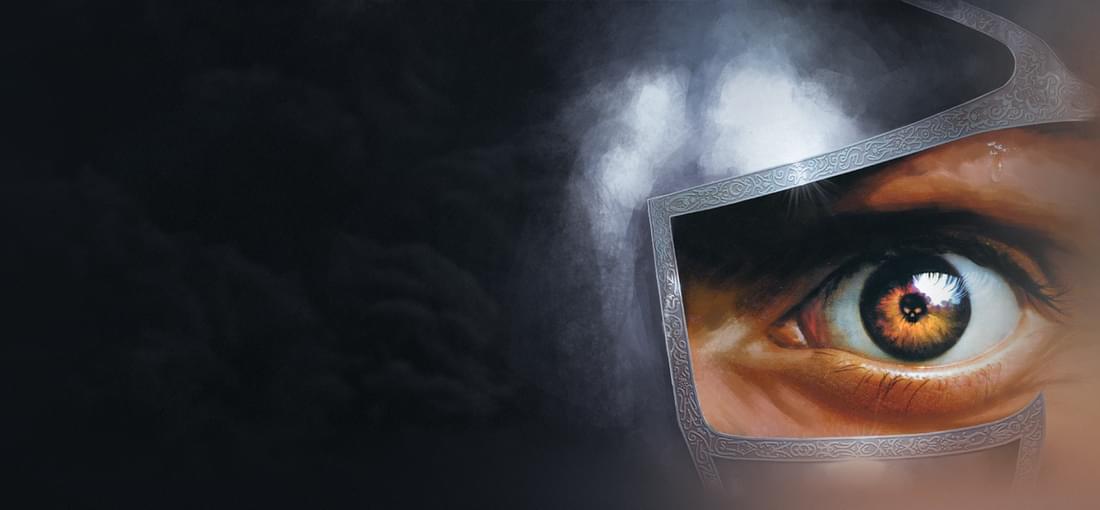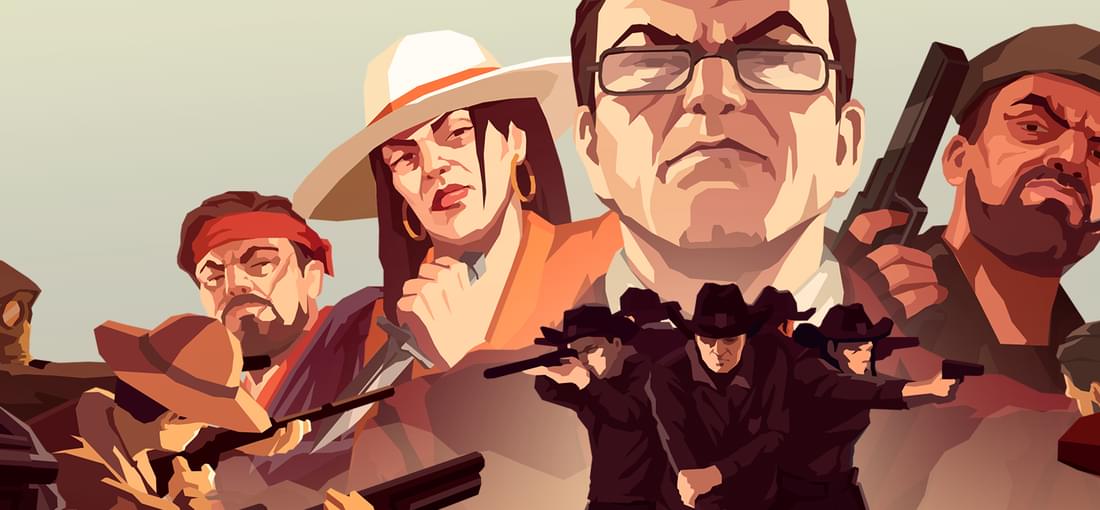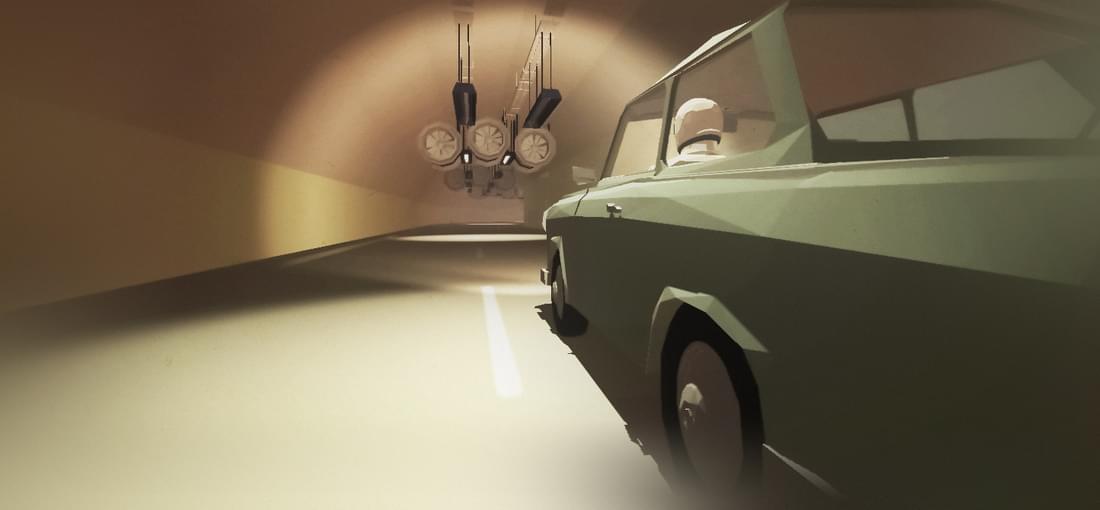


If you’re Polish and have played it before, you don’t need my opinion. But if you’ve never heard of Clash, is it worth buying? Imagine that the old RTS Warcraft 2 was played in turn-time – does that sound fun? Mind you, I mean Warcraft 2 without the nostalgia-filter, i.e. a late nineties interface and user experience plus limited strategic depth. That’s what Clash is like; a well-made, modern TTS would beat it hands down in terms of user experience since it’s pretty barebones, has some bad UX decisions (e.g. it doesn’t tell you that attacking an ally will fail the campaign) and you absolutely need to read the manual (in the Documents folder) to understand things. However, there aren’t many modern TTSs of that type, so Clash’s appeal for new players may lie in offering a now-rare type of gameplay. You’ll spend most of your time either exploring the map (to find randomized goodies) or assembling troops into small armies to fight turn-time battles. Army composition, positioning and attack sequence are decisive for victory. There are some additional mechanics (e.g. unit experience or ambush-making) but that’s about it. Management-wise, you’ll start with a castle that generates taxes and can be outfitted with five buildings to produce and improve troops. Depending on the map, you may be able to build more castles in predetermined spots. There are three “technology” levels (tiers of access to stronger units) that are unlocked through territorial expansion. The game has two 10-mission campaigns that serve both as a sort of learning experience (when asking you to reach a shrine or take a castle) and shake up the victory conditions (e.g. you’re granted a castle with some high-tier troops and told to hold it against an enemy onslaught). Overall, Clash is neither very polished nor unusual for its time, although it has unique touches. Consider buying, if you really enjoy this type of gameplay. Otherwise, you may prefer to wait for a remake that’s supposedly in the works.

RC now has an unlimited save option. I haven’t played This is the Police 2 and therefore review Rebel Cops as a game by itself. At the time of writing, I haven't finished it yet. From that perspective: modern X-Com and old Commandos / Desperados games had a premature baby. Missions are turn-time, with usually two actions per character per turn (modern X-Com style). However, unlike in X-Com, killed cops cannot be replaced freely by recruiting; you’ll always have only a few cops and you’ll need to rotate them between missions, due to fatigue. Thus, losing even one cop is bad long-term, though it doesn’t force a game over screen. And since the cops are fragile, causing large firefights is generally a bad idea. However, unalerted enemies are quite easy to outmaneuver - missions that start in concealment provide weaknesses in enemy positioning to let you slowly isolate and arrest them, Commandos- or Desperados-style. This means that overall you’re encouraged to carefully plan arrests, track enemy patrol routes over several turns, have two cops support each other during risky activities, etc. Originally, the game had limited saving. But since a single cop death is a serious setback, you’re likely to replay parts of the mission if anything goes really wrong rather than play on with the loss. This potentially leads to multiple replays of the same mission segments to conserve save slots. If you want an “original-like” experience but with less frustration, I suggest turning unlimited saving on and self-imposing a save and RNG use limit. Overall, you might find RC interesting if you’d be into a Commandos or Desperados type game done in turn-time. Otherwise, it’s probably not for you. While I personally like it, it’s unpolished even within its intended puzzle-like playstyle. For example, after the initial levelling and gearing up, cops end up alike, making the skill and equipment systems increasingly less about squad management and more just busywork. Not five stars.

Jalopy is a driving game with a car maintenance system, a basic economy, random loot, a simple narrative and an unrepresentative trailer. The Berlin Wall fell and your uncle, who’d been stuck behind the iron curtain, wants to visit Turkey, so you’ll travel across the Eastern bloc in a rickety car. You’ll need to stop in each country, which divides the trip into stages. Then you can go back home, if you wish. While each country has a distinct landscape, it’s not actually Eastern Europe. The setting is a pretext; it explains the low traffic, the bad roads, the state of your car and the washed out colours but, due to game engine limitations, it’s no sightseeing tour. Don’t expect high speeds - you’ll need perseverance and caution instead. Be prepared to do lots of maintenance: refuelling, repairing the engine and replacing tyres. Or puttering along at 20 km/h, if you don’t. Also beware of bugs. They’re rarely game-breaking, but they may force you to restart journey stages. While the dev is patching them out, the patches seem to be delayed at GOG. And yet, despite the bugs, the modest length and minimalism, I actually enjoyed it. There was something relaxing about “speeding” down empty autobahns to the tune of faux ‘80s music, driving slowly in the rain or looking for roadside loot after nightfall. The car maintenance had a satisfying rhythm to it, while the simple, randomized economy added some slow suspense – maybe the game will soon give me a six-pack of wine and make me rich, or maybe it’ll give me a some discounted coffee instead. Even the short length wasn’t all bad: each country offered a self-contained driving session that would’ve probably been boring, if it were much longer, but that I could easily play in my spare time and be rewarded with story progression. For some, playing Jalopy would be like watching paint dry, but for others it can be satisfying and relaxing, despite the lack of polish. If you’re intrigued, consider buying once it’s discounted.